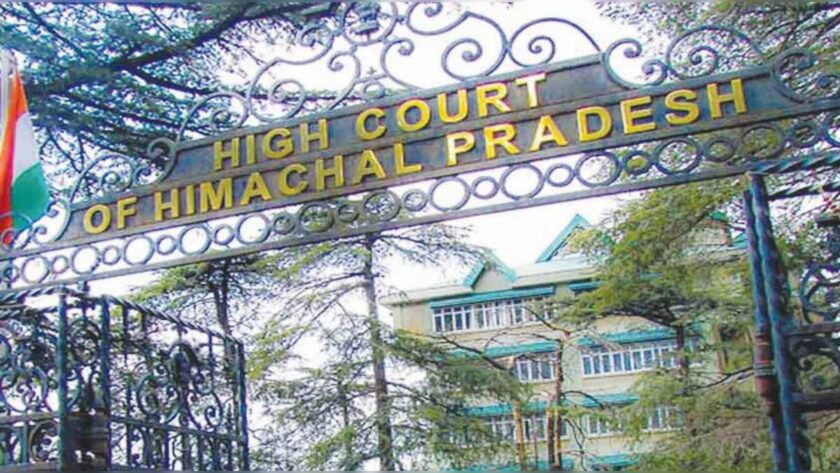In a recent legal development, the Himachal Pradesh High Court has brought to the forefront the crucial role played by Section 311 of the Criminal Procedure Code (CrPC) in ensuring justice and maintaining societal order. Delving into the case of Gagnesh Thakur versus Vishal Awasthi, where the petitioner alleged dishonor of cheques, the court, under the leadership of Justice Vivek Singh Thakur, explored the application of Section 311 CrPC, emphasizing its pivotal role in uncovering truth and facilitating a just decision. This article delves into the court’s observations, the background of the case, and the court’s meticulous analysis of the application of Section 311 CrPC in the pursuit of justice.
Exploring the Significance of Section 311 CrPC: A Case Analysis by Himachal Pradesh High Court
Introduction
Highlighting that the power granted under Section 311 CrPC is essential to ensuring substantial justice and maintaining an orderly society, the Himachal Pradesh High Court has asserted that this discretionary power can be exercised by Courts at any stage of an inquiry or trial when deemed necessary for a just decision.
Observations of Justice Vivek Singh Thakur
Justice Vivek Singh Thakur has observed:
“The object and aim of the provision, as a whole, is to do substantial justice not only from the viewpoint of the party but also to establish an orderly society. Where the Court finds it essential to examine, re-examine, recall, or call any witness, at any stage of inquiry/trial or other proceedings for rendering just a decision in the case, this power can be exercised at any stage.”
Background of the Case
In the instant matter, petitioner Gagnesh Thakur initiated a Criminal Complaint against Respondent Vishal Awasthi, accusing him of dishonoring cheques issued for a loan extended during August to October 2011. Awasthi sought relief through an application under Section 311 of the Code of Criminal Procedure (Cr.P.C.) to lead additional evidence and cross-examine the complainant during the pending trial.
Court’s Decisions
The respondent’s application was initially allowed by the trial Magistrate, a decision later upheld by the Additional Sessions Judge.
Dissatisfied with the order, the petitioner-Complainant approached the High Court through a petition invoking Section 482 Cr.P.C, arguing that the application was filed at a belated stage and solely to delay the proceedings.
Justice Thakur meticulously analyzed the provisions of Section 311 Cr.P.C., emphasizing its purpose to uncover the truth and render a just decision.
Moreover, the bench highlighted that the power granted under Section 311 is essential to ensuring substantial justice and maintaining an orderly society.
The Court asserted that this discretionary power can be exercised at any stage of an inquiry or trial when deemed necessary for a just decision.
Quoting extensively from the Supreme Court judgment in Rajaram Prasad Yadav v. State of Bihar, the court reiterated that the power under Section 311 should be exercised judiciously and only when the evidence sought is truly essential for a just outcome.
Furthermore, the Court underscored that a fair trial and the interest of the accused, victim, and society must be safeguarded, and the power should be invoked for strong and valid reasons.
Read More
- Himachal High Court: Landmark Ruling on POCSO Cases and Compromises
- Demystifying Criminal Trials in India
- Unlocking the Power of Quashing: A Comprehensive Guide to Cases You Can Quash in Madras High Court
- Gangsters Munna Bhai & 11 others sentenced to death
- Divorce Lawyers in Chennai: The Best Legal Support 24×7
Applying these principles to the present case, Justice Thakur found merit in the trial court’s decision to allow the respondent to lead additional evidence as the same could potentially have a bearing on the case and would be in the interest of arriving at a just decision.
Subsequently, based on these considerations, the court concluded that the Trial Magistrate had not committed any irregularity, illegality, or perversity in allowing the application for additional evidence.
Case Title: Gagnesh Thakur Vs Vishal Awasthi

